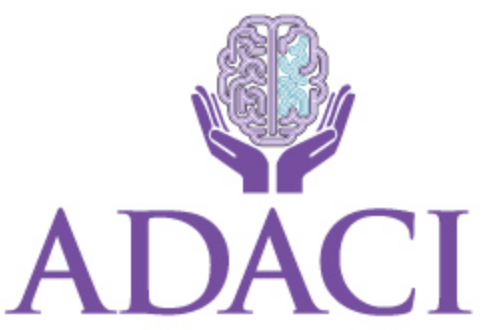New drug donanemab is ‘a turning point in the fight against Alzheimer’s’
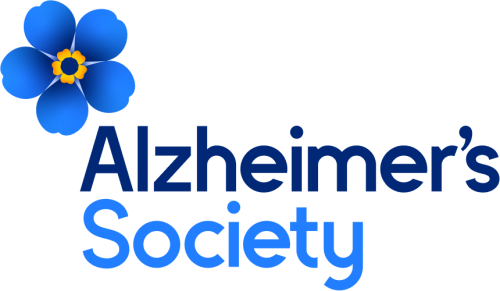
From Alzheimer’s Society
Monday 17 July 2023
Dr Richard Oakley, Associate Director of Research at Alzheimer’s Society, has called breakthrough Alzheimer’s drug donanemab, ‘a turning point’, as the full trial results were revealed.
Full results about the Alzheimer’s disease drug donanemab have been released today, supporting earlier trial results that suggested the breakthrough drug may slow down the progression of the disease.
Dr Richard Oakley, Associate Director of Research and Innovation at Alzheimer’s Society, said:
“Dementia is the biggest killer in the UK and over 60% of people living with dementia are thought to have Alzheimer’s disease.
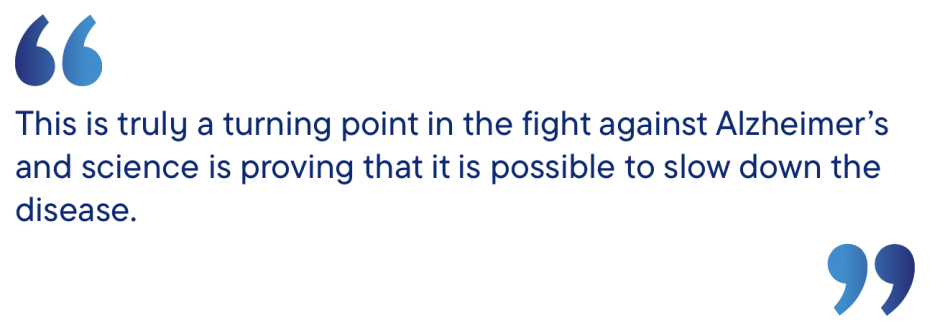

“Treatments like donanemab are the first steps towards a future where Alzheimer’s disease could be considered a long-term condition alongside diabetes or asthma.
“People may have to live with it, but they could have treatments that allow them to effectively manage their symptoms and continue to live fulfilled lives.
“Today’s full results support what we heard about donanemab back in May, that the drug is able to slow down the progression of Alzheimer’s disease by more than 20%. This study adds to the growing evidence that treating people as early as possible may be more beneficial, with the effects of donanemab greater in people who were at an earlier stage of the disease.
‘A defining moment’
Kate Lee, Alzheimer’s Society CEO said:
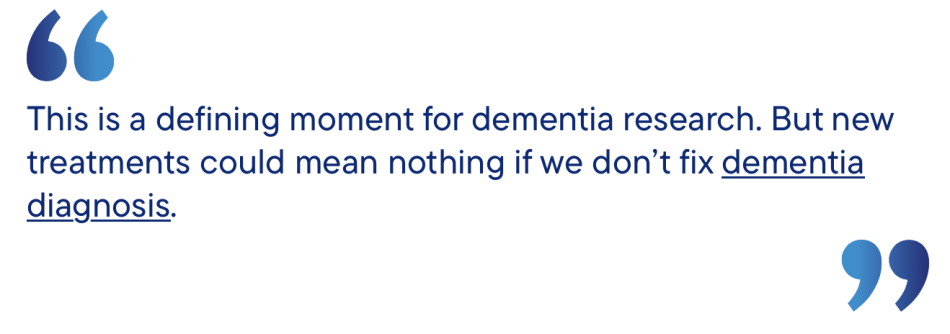

“We estimate around 720,000 people in the UK could potentially benefit from these emerging new Alzheimer’s disease treatments if they’re approved for use here. But the NHS is simply not ready to deliver them.
“Everyone living with dementia deserves access to a speedy, accurate diagnosis to get the support and treatments they need, now and in the future.”
Early Alzheimer’s diagnosis key
Dr Oakley added:
Diagnosis will be key to the access of any new treatments. We can’t have a situation where treatments are approved for use in the UK but people aren’t diagnosed early or accurately enough to be eligible.
“We need early, and accurate, diagnoses available for everyone and the NHS ready to roll out treatments such as donanemab and lecanemab if and when they are approved in the UK.
“It’s also important to note that side effects did occur, although serious side effects only occurred in 1.6% of people receiving the drug.
“Regulators will need to balance these side effects against the benefits of the drug. We should also note that themajority of people who took part in this trial were white – it’s crucial that in future trials we see more diversity to prove that new drug treatments have similar effects for everyone living with Alzheimer’s disease.
Just as we’ve seen a transformation in cancer treatment in recent decades, we’re really hopeful we’re on the same path for dementia.
“We’re so proud that research Alzheimer’s Society funded 30 years ago led to the breakthroughs we’re seeing today, and the research we’re funding now will be pivotal in unlocking more breakthroughs.
“We will only see progress in clinical trials for new treatments if people from all backgrounds have the opportunity to join them.
“It’s not all about taking new drugs or having invasive tests, some trials are as simple as answering surveys and anyone over 18 in the UK can sign up.”
Take part in dementia research
Find out more about Join Dementia Research and how you can get involved in dementia clinical trials in the UK.
LEARN MORE
Dementia is one of the biggest health challenges we face today. Around 900,000 people are currently living with dementia in the UK, this is estimated to increase to 1.6 million by 2050.
FOR MORE ON THIS STORY GO TO: ALZHEIMER’S SOCIETY
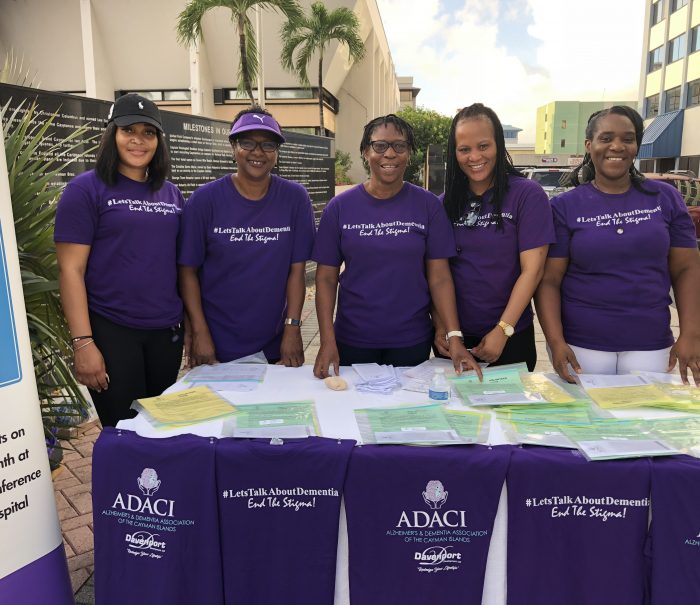

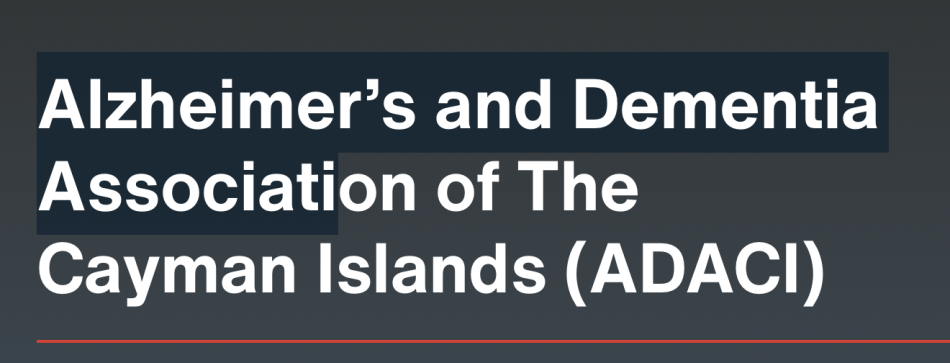

The Alzheimer’s and Dementia Association of the Cayman Islands was founded by Dorothy Davis in 2011 and has been a member of ADI since 2016.
The association is based in Grand Cayman, Cayman Islands.


The organisation is proud to have secured sponsorship for 6 individuals (3 doctors, 2 nurses and 1 pharmacist) to go abroad for dementia care training, as well as its Dementia Friends programme.
Some of the services provided by the association include:
- Caregiver meetings
- Counselling
- Dementia Care Training
- Educational events
- Helpline
- Meaningful engagements/activities
- Memory cafés
- Newsletter
- Resources (fact sheets, reading materials)
- Respite Care
- Seminars/Webinars/Workshops
- Support groups
- Training for carers
- Country: Cayman Islands
- Address: P.O. Box 1655
Grand Cayman KY1-1504
Cayman Islands - Telephone: +345 924 4170
- Email: [email protected]
- Web: https://adacayman.ky
